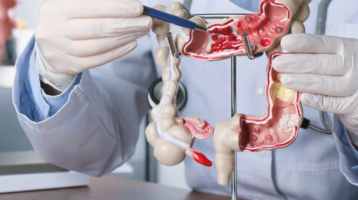Two complementary research articles show that central and peripheral circadian clocks coordinate the daily activity of skin and muscles. Coordination between the two clocks (central and peripheral) ensures 50% of the circadian functions of tissues, including vital processes such as cell cycle, DNA repair, mitochondrial activity and metabolism. Synchronization between the brain’s central and peripheral […]
Understanding the Connection Between Sleep and Inflammation
Sleep and inflammation have been intricately linked in a host of medical research studies, demonstrating the complex relationship between the two. A disruption in sleep patterns can often be traced back to chronic inflammation in the body. Conversely, numerous studies have shown that regular sleep disturbances are associated with a higher risk of certain markers […]
Sleep and Osteoporosis: How Lack of Sleep Harms Bone Health in Older Women
Many people suffer from insomnia and other sleep disorders. This can lead to a greater risk for a variety of diseases, from heart disease to different kinds of cancer. Although sleep is important when we are young, it becomes even more important as we age. According to a new study, lack of sleep can also […]
Your Body Clock Determines the Worst Times of Day for Your Health
From one moment to the next, the environment around us and our bodies change slightly throughout the day; and our health risks change with them. What are the worst times of day for your health? Because every part of the day brings a unique set of advantages and disadvantages when it comes to good health, […]
Time of Day Affects Autoimmune Disease Symptoms, Says New Study
An increasing number of Americans and residents of industrialized nations worldwide are being diagnosed with autoimmune diseases every year. Although modern medicine has given us new treatments and even cures for a variety of different illnesses, there are very few treatments that can alleviate autoimmune disease. However, a new study on how the time of […]









